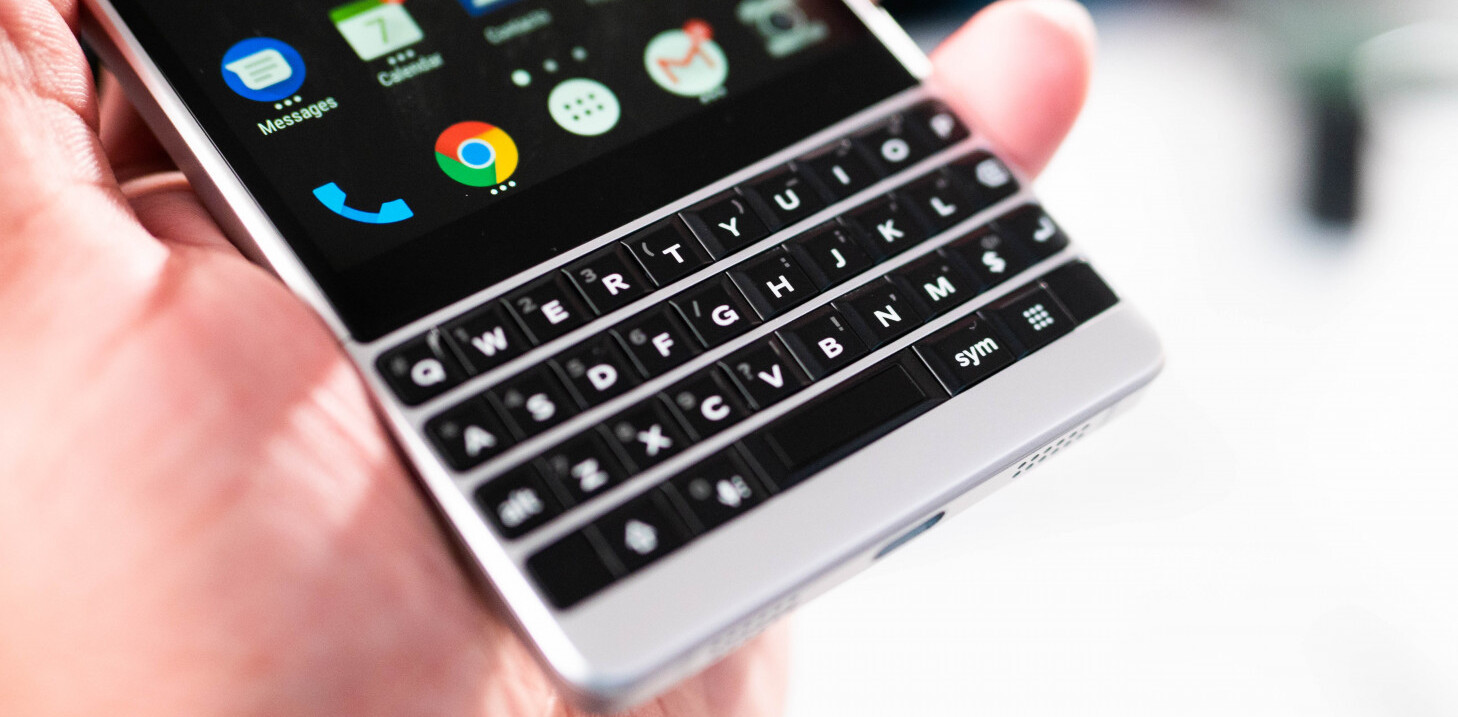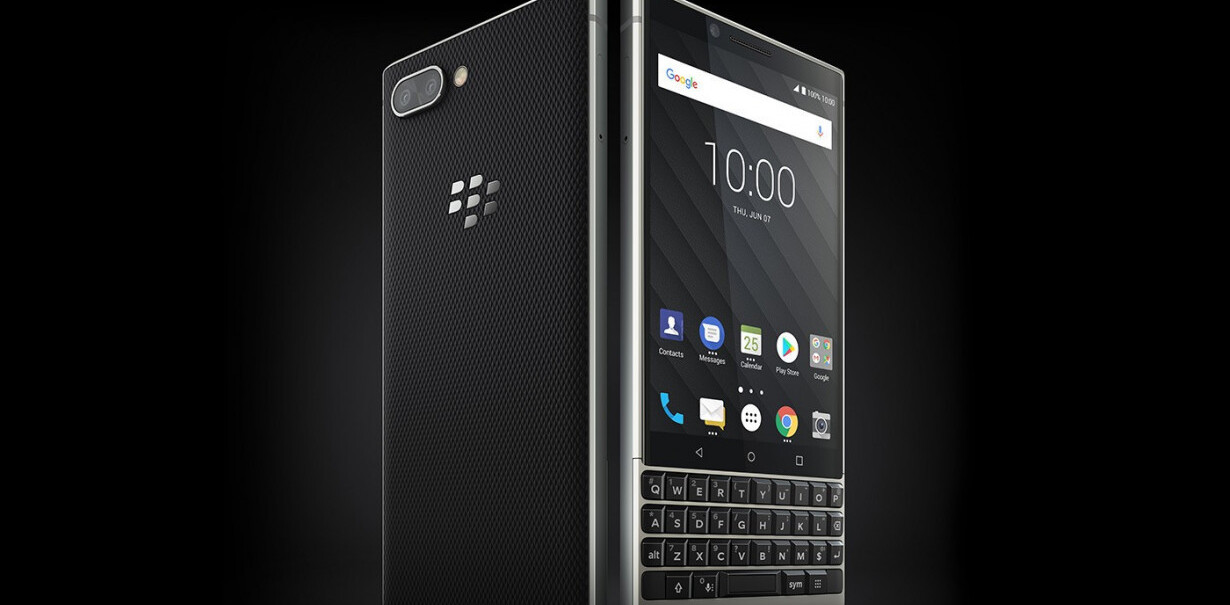
RIM launches its long-awaited BlackBerry 10 range today but already it has lost the stronghold that it once held in Southeast Asia, which remains a key market for the firm.
If you took the pulse of Southeast Asia’s mobile market two or three years ago, the chances are that RIM would have featured prominently. The Canadian firm’s BlackBerry range was the dominant smartphone platform in Thailand and Indonesia, and it enjoyed a strong presence in Malaysia, the Philippines, Singapore and other major markets in the region.
Fast forward to today and, like much of the rest of the world, Samsung and Apple rule over the region’s growing smartphone market. There are signs of the legacy of the BlackBerry era here and there, its distinctive QWERTY keyboards can be found on public transport and other places, but the likes of the iPhone, Galaxy S III and Galaxy Note are now the aspiration and well-owned among those who can afford them in the region.
Reuters looked at the top devices across Asia this week, noting its view that Samsung is stealing market share from Apple. But the article contains not one single mention of ‘RIM’, ‘Research In Motion’ or ‘BlackBerry’. That really is a sign of the times.
Multi-platform apps like Line, WhatsApp, WeChat and others compete in Southeast’s buoyant mobile chat space that BlackBerry’s own messenger service (BBM) once ruled. Anecdotal evidence from the few friends and family here in Thailand that still use BBM is not good: precious few, if any, of their friends remain active on the service, and, of that number, Line and other apps with greater distribution among peer groups are favored.
Even forward-thinking shops and companies, that once took to BBM to provide additional customer outreach beyond Facebook, have long switched to other alternatives.
That BBM defection is a big issue since the messaging service is one of the central components to the BlackBerry 10 operating system. It is built right into every part of the platform, and it remains to be seen how a lack of BBM buddies will affect the user experience. One or two years ago, it was the main incentive for many in Southeast Asia to buy one of BlackBerry’s new device, but today RIM has lost most of its advantage in Asia and it will start life as another underdog.
RIM CEO Thorsten Heins has hinted that the company may license BBM out, but that won’t guarantee it success or increase its share of a market that now includes Facebook and a number of companies with 100 million plus users. If all of a user’s friends are on Line — as is the case for many ex-BlackBerry owners in Southeast Asia — and the app works on iOS, Android, Windows Phone and even their PC, it isn’t clear why they should become active on BBM again.
Android overtook RIM as the top smartphone platform in Indonesia in September 2012, as its long-tail of competitively priced phones has increased its market share in a region where few devices are subsidized and most consumers are shopping on a budget.
RIM executives have hinted that today’s launch will not include lower-end devices. While it may aspire to rival the iPhone, Galaxy S3 and Galaxy Note with its top devices, RIM is likely to see a sizable part of its success in Asia, where it is likely to find the most success with more competitively priced phones, the niche that Android has grown so strongly in. Those lower-end phones won’t be out for some while, so the real effect of BlackBerry 10 is unlikely to be evident in Asia until later in the year, at best.
The company’s demise has been on the cards for some time — I wrote about it just over a year ago — but success for RIM would be good for all of us. Android and iOS dominate the mobile industry in an almost unhealthy way; more choice and quality devices at good price points is good for Southeast Asia, and the rest of the world for that matter.
The question is whether RIM can recover from resting on its laurels for such a long time?
Headline image via ibadatqayyum / Flickr
Get the TNW newsletter
Get the most important tech news in your inbox each week.




